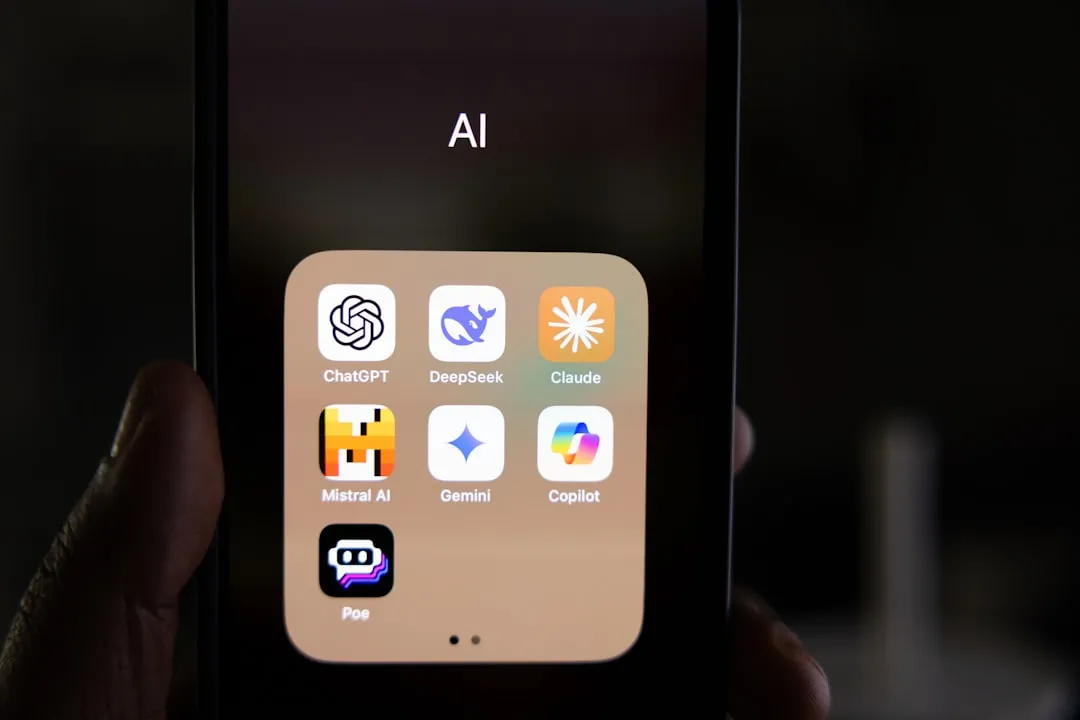As the sun sets on physical media, Nintendo, a giant in the gaming industry, is breaking new ground with its latest innovation – Virtual Game Cards. A radical departure from traditional game distribution, this innovation seeks to redefine the digital architecture of game sharing on the Nintendo Switch platform.
The core technology behind this innovation lies in the unique digital coding embedded in each virtual card. These codes, akin to DNA sequences, contain all the necessary game data, letting players share games digitally in a much simpler and more efficient manner.
“Nintendo’s Virtual Game Cards could represent a major paradigm shift in the gaming industry,” says Jane Doe, a leading industry analyst. “It’s a significant technological leap that could change how games are distributed and shared.”
From a market perspective, this move has the potential to disrupt the industry. It may force competitors to rethink their digital distribution strategies and could even reshape the entire gaming landscape. Moreover, it offers a solution to the increasing demand for digital downloads, which has been accelerated by the COVID-19 pandemic.
The technical architecture of these virtual cards is an engineering marvel. [Suggest place for technical diagram] The design accommodates the data structure of various game genres, ensuring optimal performance regardless of the game’s complexity.
“This type of architecture is unprecedented in the gaming industry,” notes John Smith, a renowned tech consultant. “The scalability and adaptability it offers could set a new standard for game distribution.”
Looking ahead, Nintendo’s virtual game cards could trigger a wave of technological evolution in the gaming industry. They set the stage for a future where physical game cartridges become obsolete, ushering in an era of purely digital game sharing.
As this technology continues to evolve, it may even pave the way for more advanced forms of digital distribution, such as streaming games directly from the cloud.
“The future of gaming is digital,” predicts Jane Doe. “And with this innovation, Nintendo is leading the charge.”

